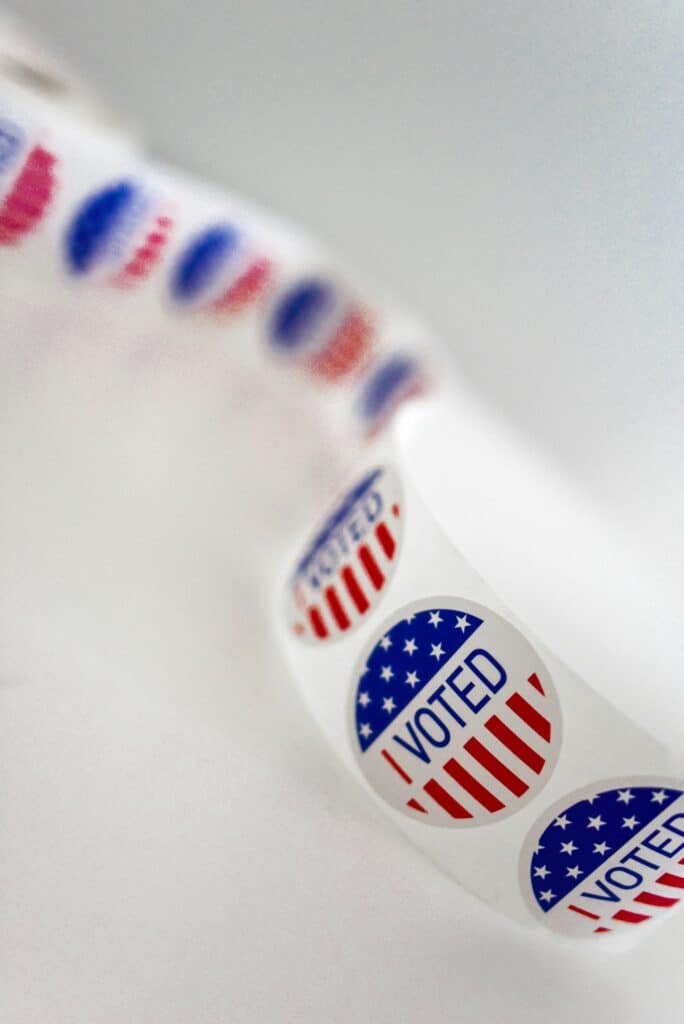Every presidential election cycle brings a renewed sense of excitement, tension, and sometimes, division. Once the results are announced, people experience a wide range of emotions, from joy to disappointment, depending on their political stance. For workplaces, this mix of emotions can disrupt team cohesion, productivity, and morale, impacting the company culture overall. In my role as an HR professional, I see the importance of workplace civility – it’s not just a buzzword; it’s essential for a healthy, inclusive, and productive work environment. So, let’s explore how to foster civility in the workplace after the election.
Understanding the Need for Civility
After an election, many people feel strongly about the outcome, and discussions can quickly turn into debates. In a diverse work environment, it’s inevitable that employees will have different political views. Respecting each other’s perspectives is fundamental to creating a positive, respectful workplace culture. Civility means showing respect and maintaining professionalism, even when we disagree. It means putting aside personal feelings and focusing on maintaining a respectful, collaborative workplace.
But why is this so important? After elections, some employees may feel frustrated or emotionally charged. They might bring this energy to work, where even minor disagreements could escalate. An environment lacking in civility can lead to unnecessary tension, impacting morale and teamwork. As HR leaders, we must create a space where every employee feels respected, valued, and heard, regardless of their political beliefs.
Fostering a Respectful Culture
One of the first steps toward workplace civility is creating a clear code of conduct that includes guidelines for respectful communication. These guidelines should apply to all employees, including management, and cover in-person interactions, emails, and internal messaging platforms.
As HR professionals, we can establish and promote policies that encourage respectful communication. For instance, in team meetings, we can remind employees to focus on work-related topics and avoid heated political discussions. If an employee wishes to share their views, encourage them to do so outside the office. This is particularly important in shared spaces, where the discussion may unintentionally make others uncomfortable or feel excluded.
Providing Training and Resources
Providing workplace civility training is a proactive approach to maintaining a respectful environment. These programs can teach employees about the importance of inclusivity, respect, and understanding different perspectives. Training sessions on emotional intelligence and conflict resolution can also be valuable, as they equip employees with tools to handle sensitive conversations respectfully.
Additionally, managers should receive training on recognizing signs of workplace tension. They should be prepared to step in and mediate when necessary, addressing any signs of disrespect or unprofessional behavior immediately.
Encouraging Open, Respectful Dialogue
While we want to avoid political debates, it’s important to acknowledge that some employees may feel the need to discuss the election or current events. Rather than banning these conversations, we can encourage respectful, open dialogue in appropriate settings. For example, a neutral, structured discussion led by HR or an external facilitator can provide employees with an outlet to share their thoughts in a safe, respectful environment. This can prevent off-the-cuff comments or inappropriate remarks from surfacing in less structured settings.
Offering Support for All Employees
Post-election, some employees may experience anxiety, stress, or frustration. Offering support through Employee Assistance Programs (EAP) can make a huge difference. An EAP provides access to counseling services and can help employees work through any emotional difficulties. Furthermore, holding regular check-ins with teams can give managers an opportunity to identify if anyone might need additional support.
In addition to EAPs, creating a sense of unity is a powerful way to promote civility. Consider organizing team-building activities or company events that focus on shared goals and values. Emphasize the importance of teamwork and remind employees that regardless of personal beliefs, they’re all part of the same team.
Leading by Example
Demonstrating civility, understanding, and respect in our own actions sets a powerful example for others to follow. It’s essential to communicate the importance of civility and model behaviors that reflect those values. Even a simple gesture, like listening to an employee’s concerns with empathy and understanding, can set the tone for others to do the same.
Conclusion
Workplace civility after a presidential election may require thoughtful guidance, but it’s achievable with the right strategies and commitment. By fostering a culture of respect, setting clear expectations, and offering resources for support, a seasoned HR professional can help their teams navigate this potentially divisive time. A respectful, civil workplace is ultimately a more productive and positive one, allowing employees to thrive together, regardless of political differences.
How Can Klein HR Solutions Help?
Tammy Klein is the Owner and Founder of Klein HR Solutions. With many years of experience in fostering inclusive, future-focused workplace cultures, she helps organizations build healthy, respectful environments where every employee feels valued.
Get in touch with Tammy by calling 305.775.5640 or e-mail tammy@kleinhrsolutions.com.

